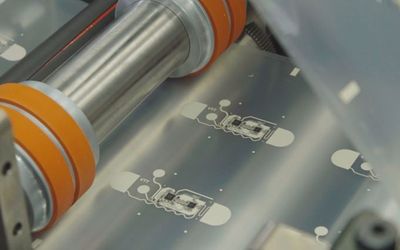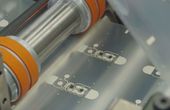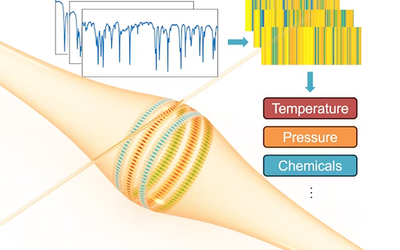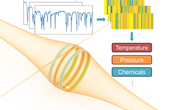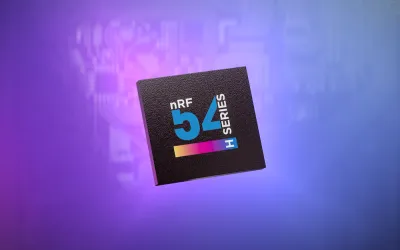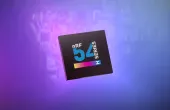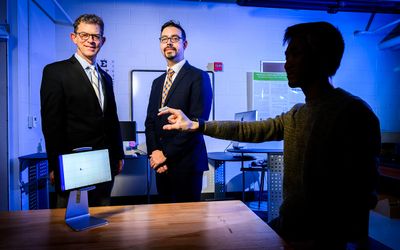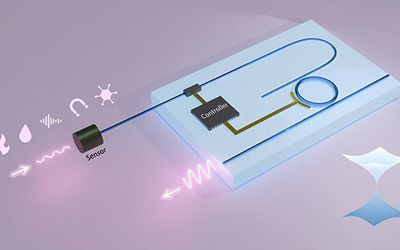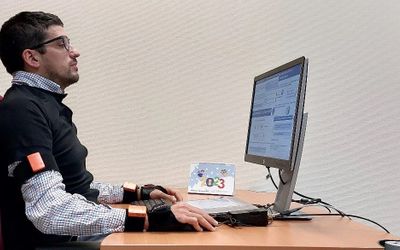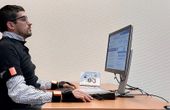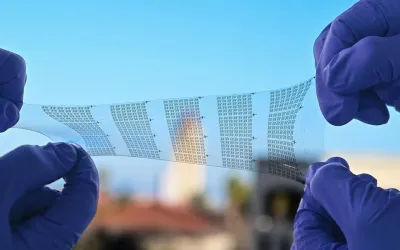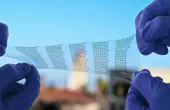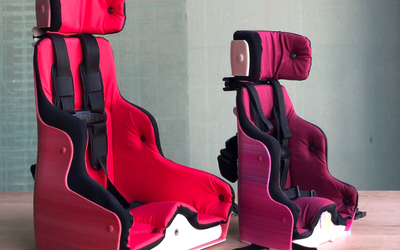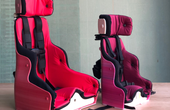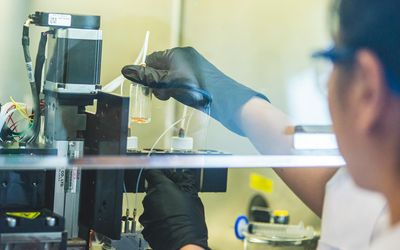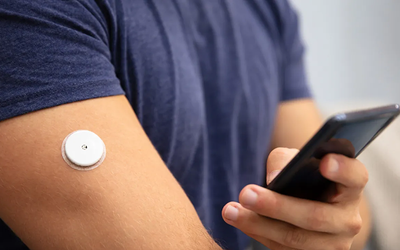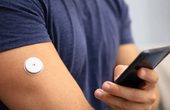Wearable sensor patches offer many opportunities for healthcare and wellness applications. For comfort and reliability, they should be flexible, soft, conformable, or even stretchable. Printed and hybrid electronics enable the use of almost any substrate and packaging materials, making it essential.
Tagged with
healthcare
ORGANIZATIONS. SHAPING THE INDUSTRY.
The Next Byte
Entertainment
The Next Byte Podcast is hosted by two young engineers - Daniel and Farbod - who select the most interesting tech/engineering cont...
165 Posts
High Tech Campus Eindhoven
High Tech
High Tech Campus Eindhoven is Europe's smartest square km and has the ultim...
49 Posts
ETH Zurich
University for science and technology
Freedom and individual responsibility, entrepreneurial spirit and open-min...
43 Posts
Harvard University
University
At the Harvard John A. Paulson School of Engineering and Applied Sciences (...
42 Posts
View more
Latest Posts
Revolutionizing Comfort: Testa-Seat Triumphs in the FGF Engineering Challenge with Innovative 3D-Printed Adaptive Seating
3D printed Body-contouring Therapeutic Positioning Equipment provides support for people with mild to moderate control of the body and reduces damage caused by improper seating during child development.
Explore and address needs in assistive technology, creating meaningful solutions for individuals with disabilities. Win great prizes!






